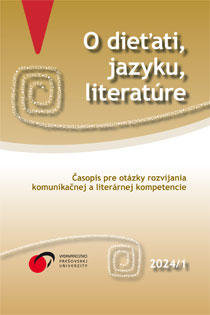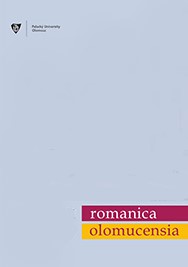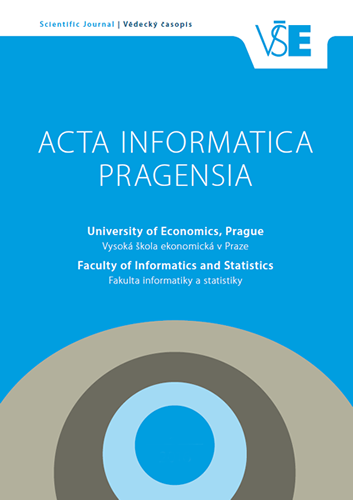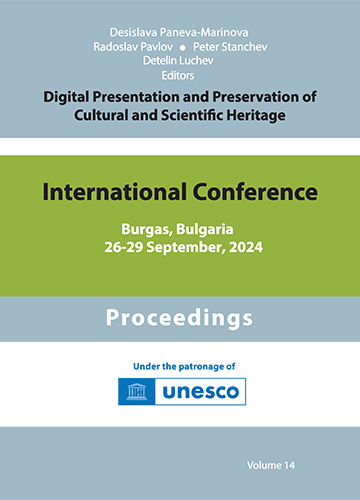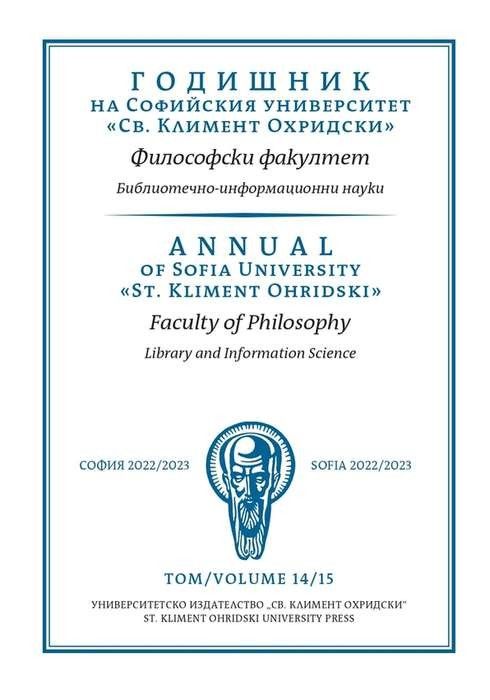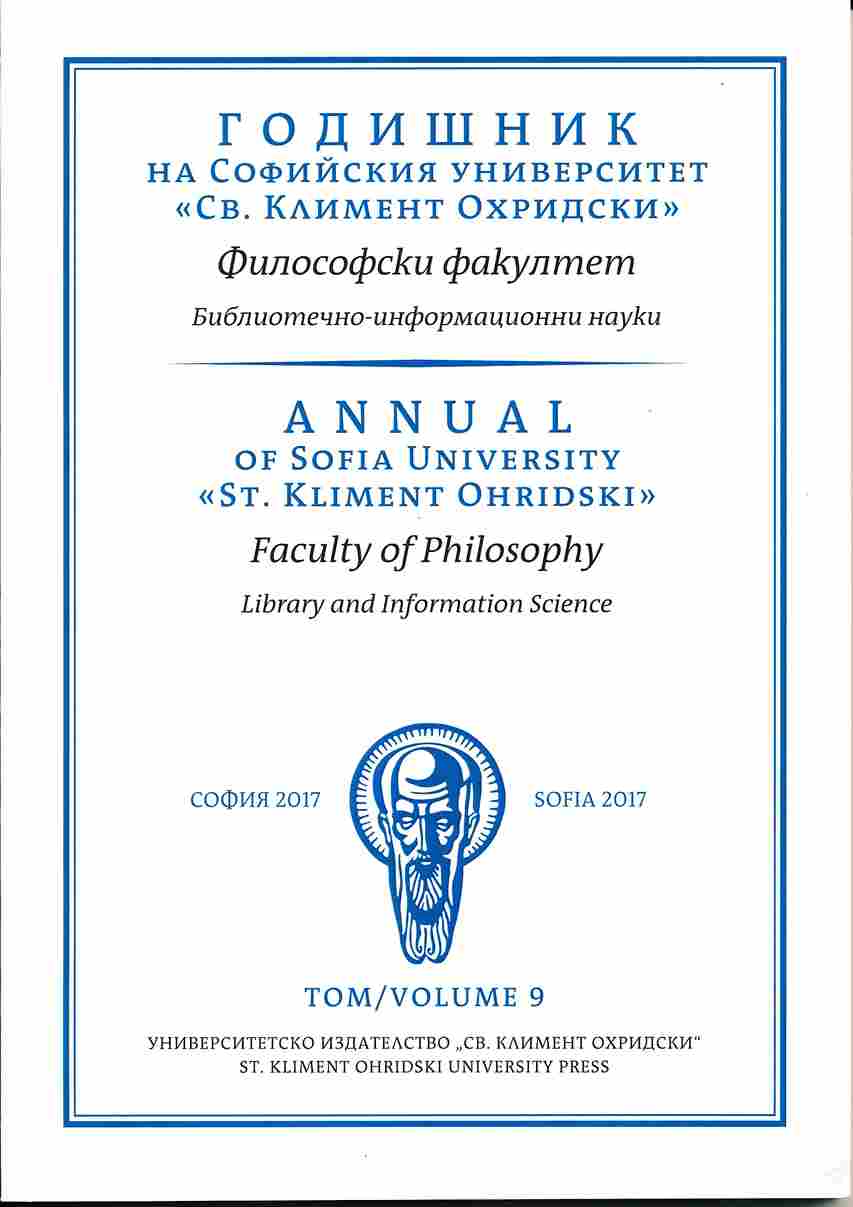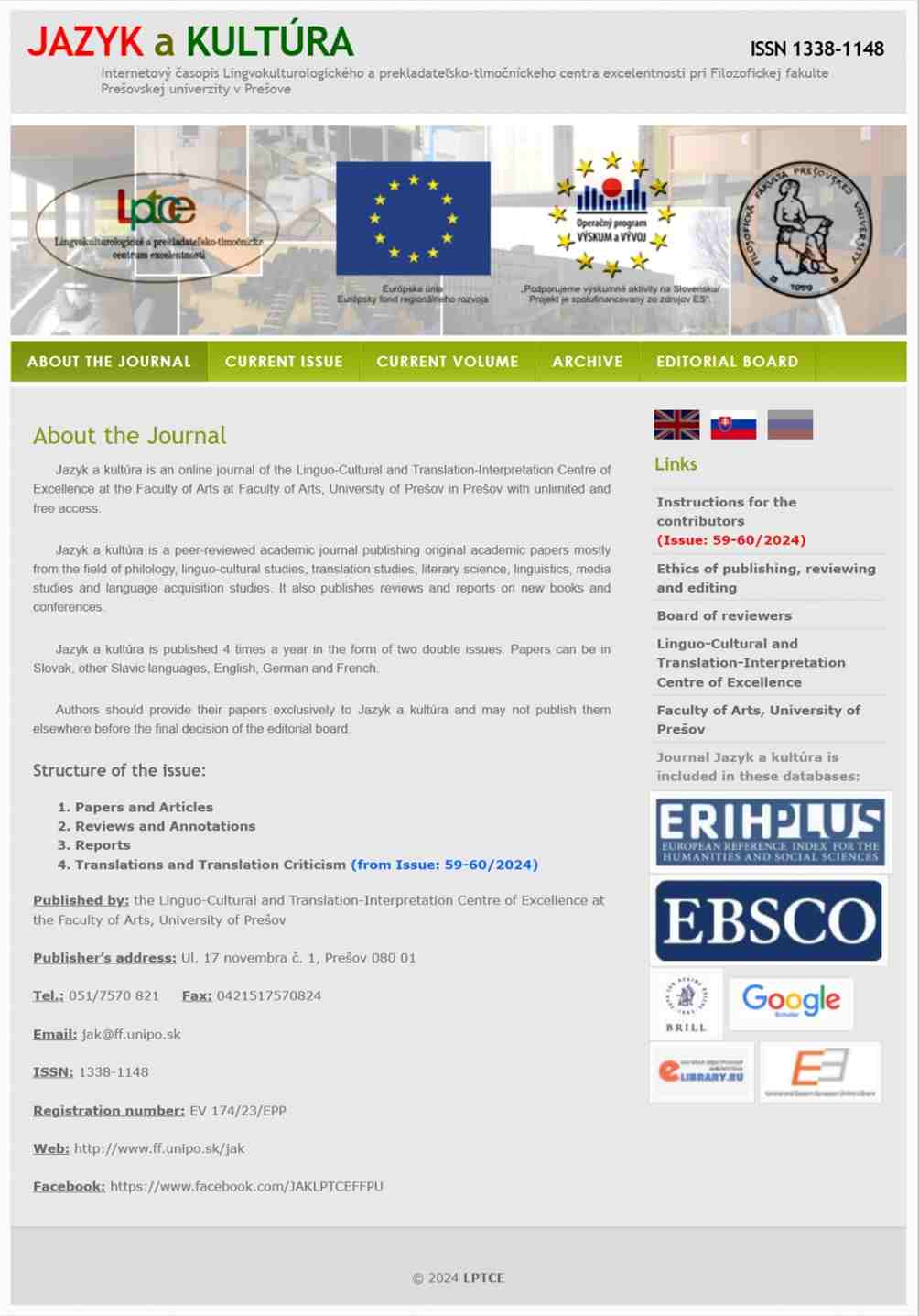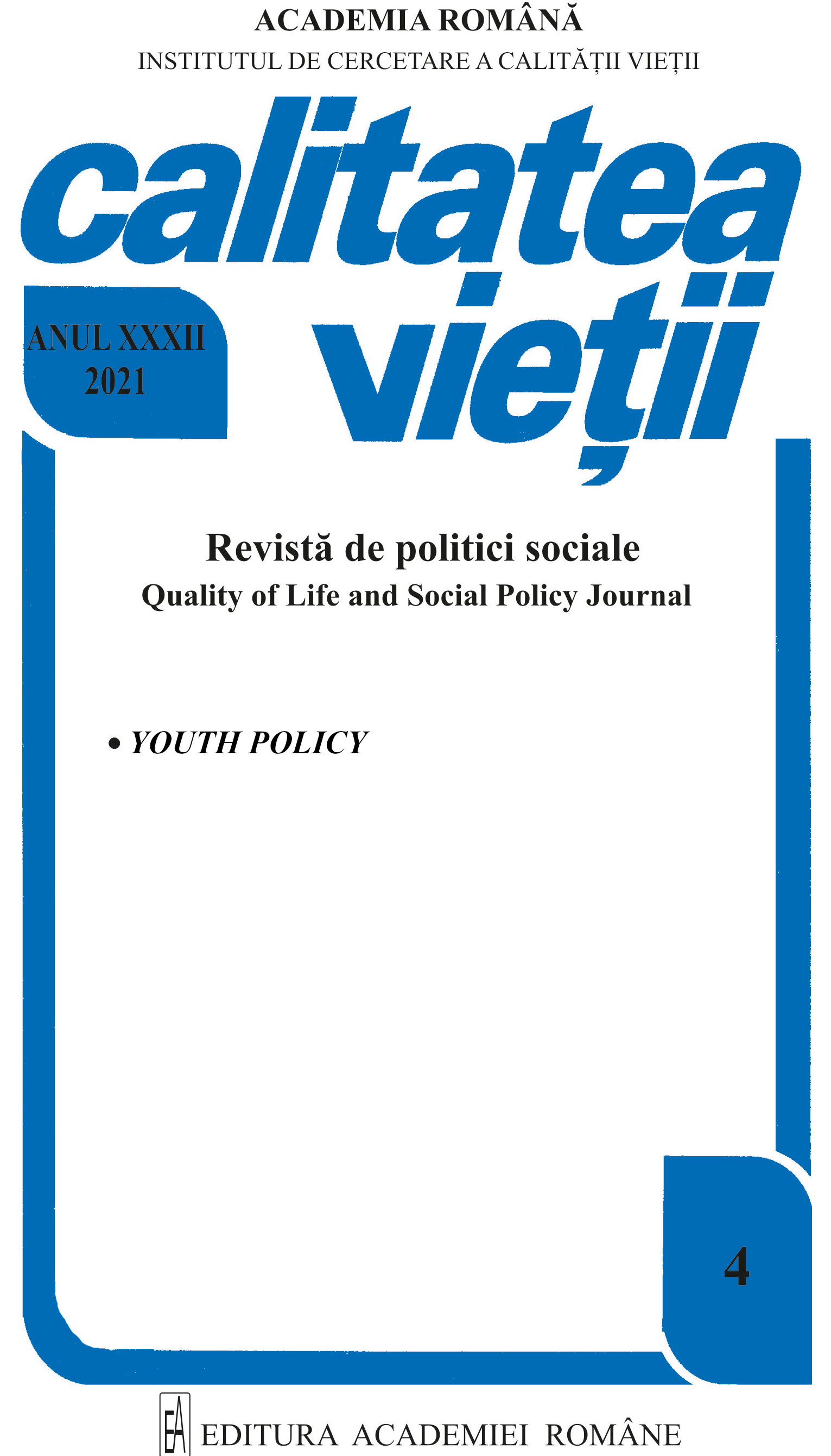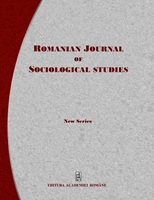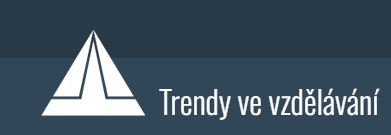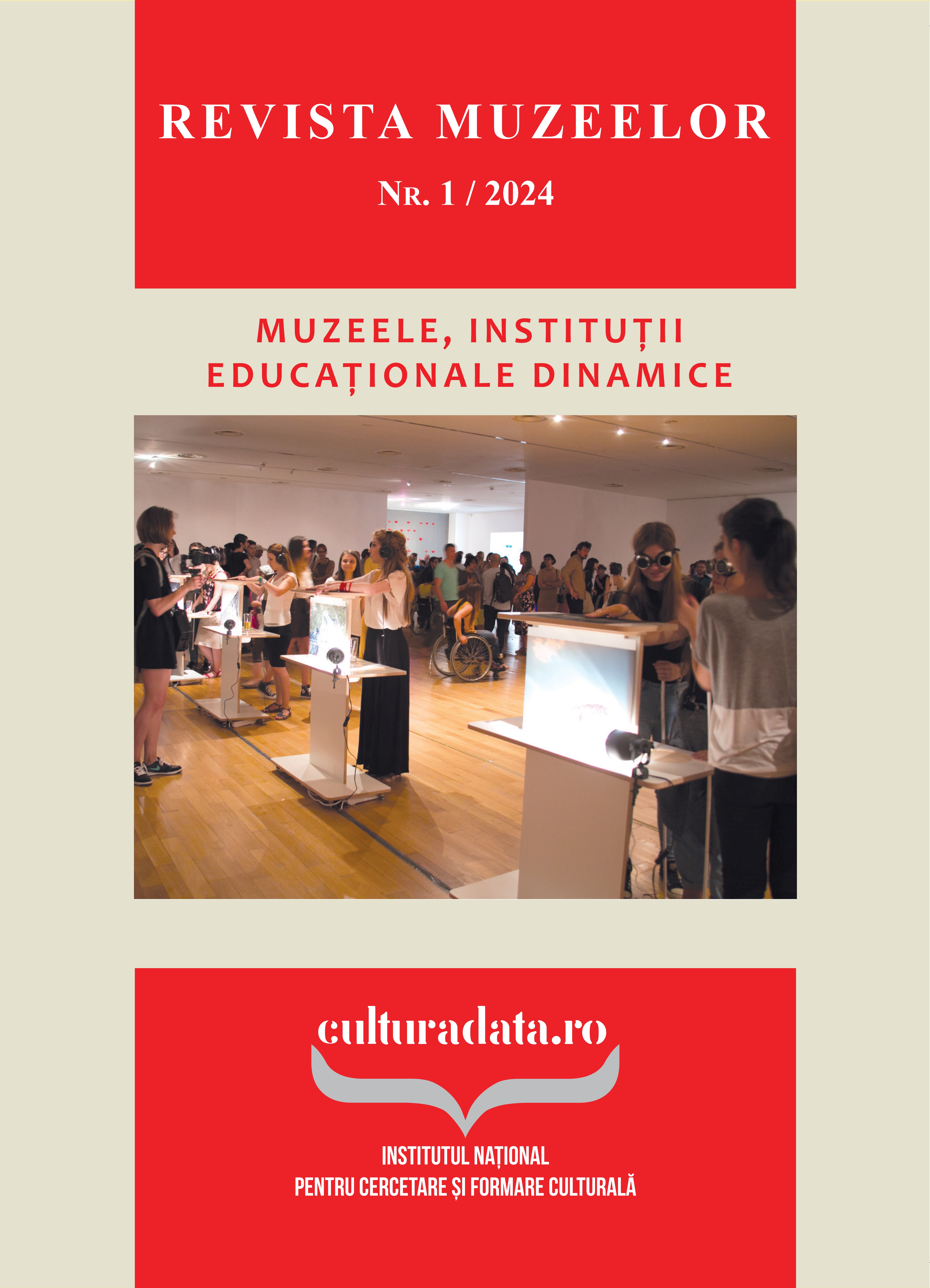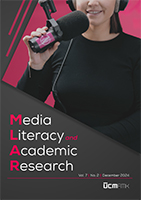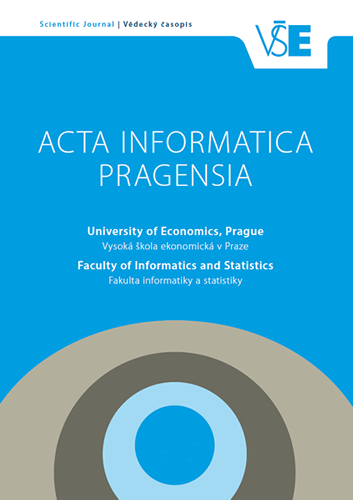
University Library Information Resources as a Basis for Enhancing Educational and Professional Programmes in Information, Library and Archival Studies
The article aims to explore the role of information resources provided by university libraries in strengthening educational and professional programmes in the field of Information, Library and Archival Studies based on the Scientific Library of Kyiv National University of Culture and Arts. The purpose of this study is to investigate how these resources can contribute to the overall growth and development of students and professionals in the field. Using a descriptive and analytical research methodology, the study examines the diverse range of information resources available in the library, including digital databases, online journals, e-books and other relevant materials. The findings reveal that these resources serve as a solid foundation for enhancing knowledge, skills and competencies required in the field. The practical implications of this research emphasize the importance of utilizing the rich information resources of university libraries to design and implement effective educational and professional programmes. By utilizing these resources, educational institutions and professionals can strive for continuous improvement, staying updated with the latest trends and advancements in the field. This study highlights the critical role of university library information resources in augmenting educational and professional programmes in Information, Library and Archival Studies. The findings underscore the need for collaboration and strategic utilization of these resources to shape well-rounded professionals capable of meeting the evolving demands of the information age.
More...
